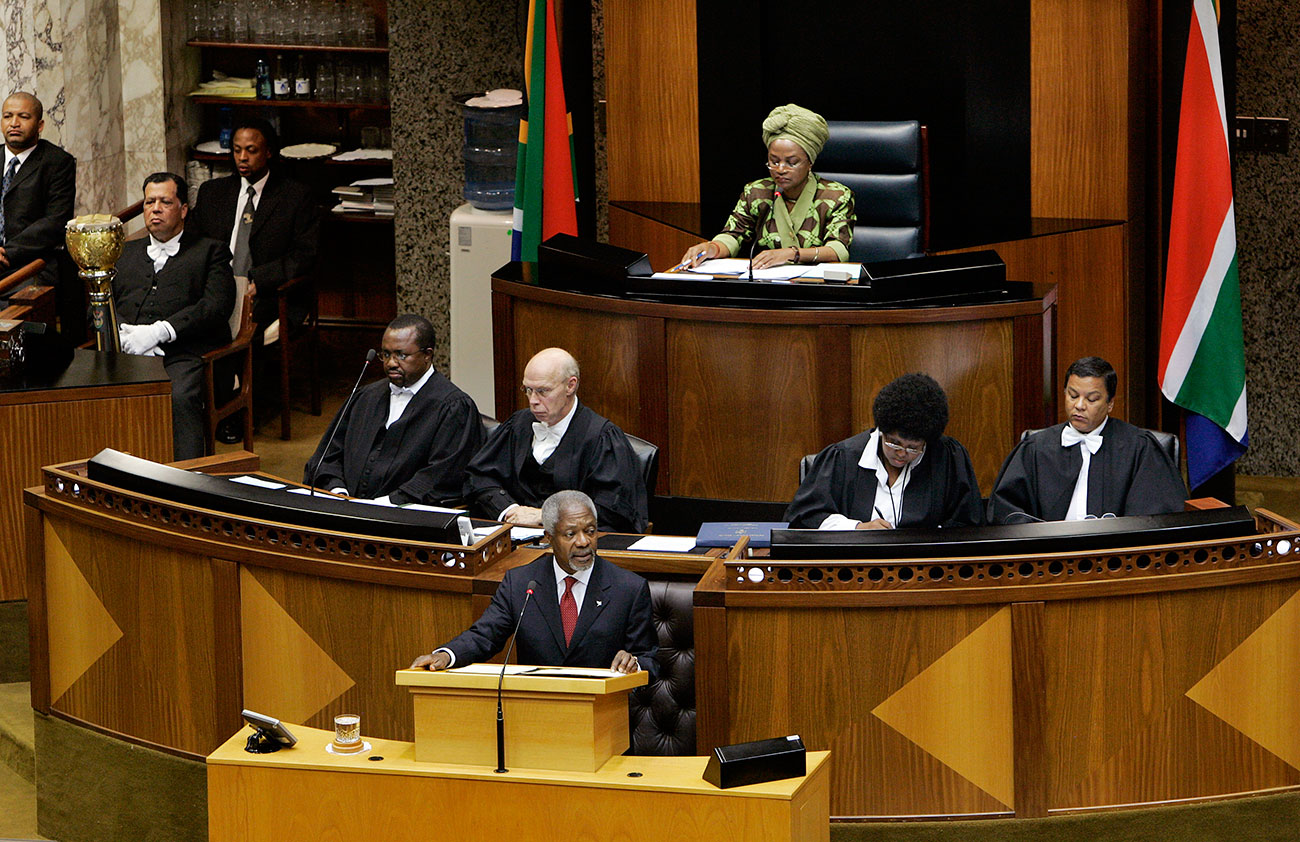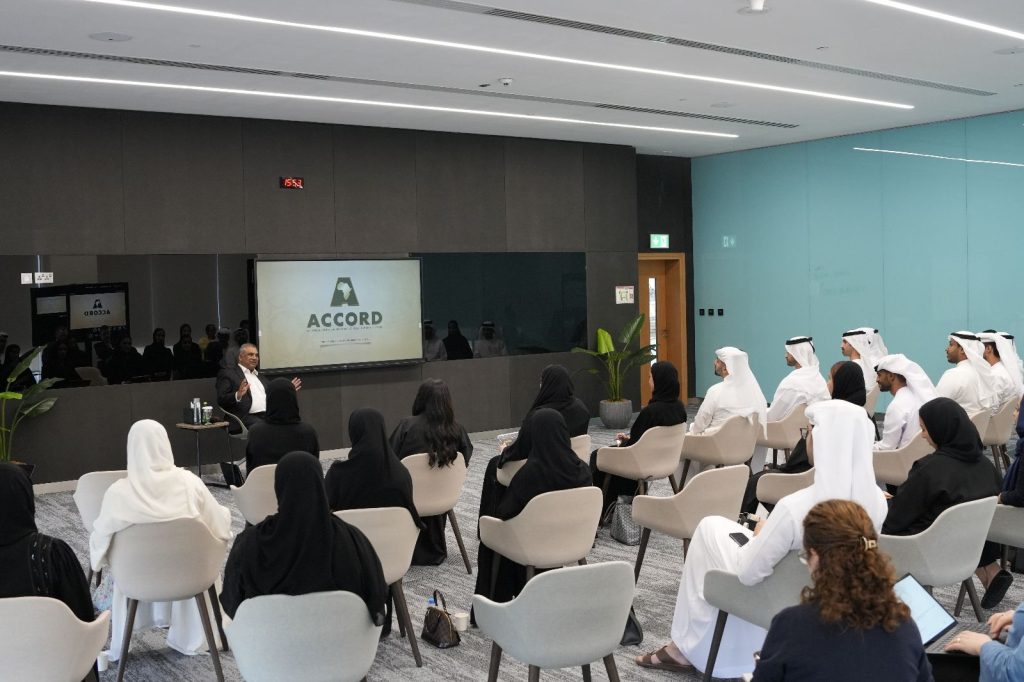ACCORD was represented in the African-European Parliamentary Dialogue on Migration and Development which was co-hosted by the Association of European Parliamentarians with Africa (AWEPA) and the Graça Machel Trust. The meeting was held on 2 and 3 October 2014 in Johannesburg, South Africa. Departing from the premise that human migration is complex, the reasons for human movement are varied, and we live in an era of unprecedented mobility of persons in ever increasing numbers, the two-day event sought to uncover the positive aspects of migration, as opposed to the overtly negative and xenophobic labels tagged on immigration and migrants.
Current and former parliamentarians from Europe and Africa, under the canopy of the Pan-African Parliament, participated in the meeting. They, and the experts brought to share their experiences, admitted that while migration is often reported in media circles and polarised policy debates as a negative phenomenon which perpetuates human trafficking and/or slavery, as well as exploitation and abuse of particularly vulnerable women, the discourse needed to change to condemning all forms of human rights violations inflicted on migrants (including by policy makers who stereotype them), and exposing the positive value of migration.
Critical amongst the concerns of parliamentarians, especially those from Europe, was the rise of nationalist politicians whose messages against migrants seem to resonate with voters, which has these countries missing out on the value that skilled migrants could bring to European countries.
Delegates concluded the meeting by agreeing that there is need for further research and sustained conversations around how migration can serve the interests of both Europe and Africa, and for the AWEPA committee to find and allocate resources to broaden research on the subject. These issues were noted in the final communiqué and are of importance to ACCORD’s work because migration is a trigger of conflict, particularly when it engenders resource constrictions and places strains on states’ ability to provide essential services to citizens. Against this background, efforts dealing with migration must seek to reverse negative perceptions surrounding the issue and transform the same into a development opportunity. The subject of migration being one to watch as its effects have spurred some of Africa’s recent conflicts and helped to escalate others, ACCORD’s research agenda in the next year will give this topical issue a closer appreciation with a view to generating relevant knowledge that can contribute to interventions and trainings undertaken by the institution.







